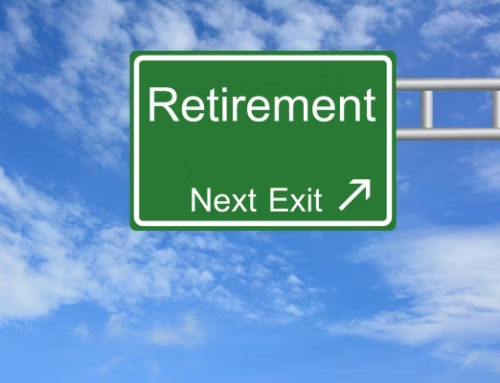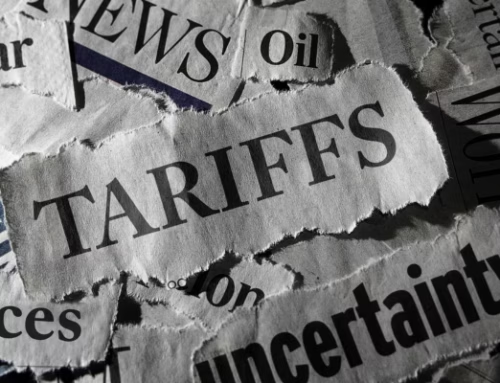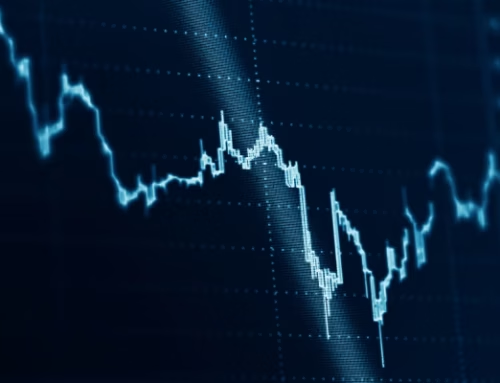Just a month after Peter Thiel called Warren Buffett the “enemy No. 1” of Bitcoin (BTC-USD), describing him as a “sociopathic grandpa from Omaha,” Buffett doubled down on his outlook of the popular crypto at Berkshire Hathaway’s (BRK.A, BRK.B) annual shareholder meeting. “Nobody wants their windpipe stepped on and I don’t blame them. I don’t like people to step on my windpipe, but I will say this,” declared Buffett, who has previously referred to Bitcoin as “probably rat poison squared.”
Quote: “If you said… for a 1% interest in all the farmland in the United States, pay our group $25B, I’ll write you a check this afternoon. For $25B, I now own 1% of the farmland. If you tell me you own 1% of all the apartment houses in the United States and you want another $25B, I’ll write you a check, it’s very simple. Now if you told me you own all of the Bitcoin in the world and you offered it to me for $25 I wouldn’t take it because what would I do with it? I’d have to sell it back to you one way or another. It isn’t going to do anything. The apartments are going to produce rental and the farms are going to produce food. That explains the difference between productive assets and something that depends on the next guy paying you more than the last guy got.”
“Assets, to have value, have to deliver something to somebody. And there’s only one currency that’s accepted. You can come up with all kinds of things – we can put up Berkshire coins… but in the end, this is money,” he announced, holding up a dollar bill. “Anyone that thinks the United States government is going to change the way they let Berkshire money replace theirs is out of their minds. Whether it goes up or down in the next year, or five or 10 years, I don’t know. But the one thing I’m pretty sure of is that it doesn’t multiply, it doesn’t produce anything. It’s got a magic to it and people have attached magic to lots of things.”
Charlie Munger chimes in: “In my life, I try and avoid things that are stupid, and evil, and make me look bad in comparison to somebody else – and Bitcoin does all three. In the first place, it’s stupid because it’s very likely to go to zero. In the second place, it’s evil because it undermines the Federal Reserve system that we desperately need to maintain its integrity and government control… and third, it makes us look foolish compared to the Communist leader in China. He was smart enough to ban bitcoin in China, and with all of our presumed advantages in civilization, we are a lot dumber than the Communist leader in China.”
US Economy
- The employment cost index came in well above forecasts, spooking the markets. The concern has been the wage-price spiral.
- The Chicago PMI was weaker than expected.
- The April ISM Manufacturing PMI surprised to the downside.
- At this point, the index is mostly supported (artificially) by slow supplier delivery times.
- Demand measures have been moderating. Is the nation’s economic growth slowing faster than expected?
– New orders:

- Nearly all auto dealers continue to report low inventories.
- With the recent surge in automobile prices, demand for parts has been tremendous. Consumers are forced to repair rather than buy cars.
- The payment-to-income ratio, a measure of housing market valuation, is nearing the 2006 (housing bubble) peak.
- Projections for Fed rate hikes currently rival the most aggressive rate hiking cycles that we have experienced since the 1990s. But at what rate will the Fed stop?

Source: Wells Fargo Securities
- Here is a survey from Evercore ISI.

Source: Evercore ISI Research
- The Fed’s aggressive tightening of monetary policy will be accompanied by falling real earnings for US households and in turn, falling real retail sales.
- Capital Economics expects cyclical inflationary pressures to gradually ease, which could encourage the Fed to switch back to 25 basis point rate hikes from September onwards (50 bps is now expected in May and June).
- The 30-year mortgage rate is approaching 5.5%.
- The ISM Services PMI declined last month as demand growth weakened (similar to the manufacturing report).
- Domestically, we see shipping demand starting to moderate.
- Unit labor costs climbed more than expected last quarter, spooking the markets
- Labor productivity plummeted. However, this result was distorted by the Q1 GDP weakness, driven by the trade deficit surge (that should reverse).
- Unemployment applications remain very low.
- According to Bloomberg, retail traffic deteriorated sharply last week and is now well below last year’s levels for most categories.
- Sentiment among higher-earning Americans tumbled in recent weeks but is holding steady among those making under $50k. This trend does not bode well for consumer spending.
The Fed
The Federal Reserve hiked rates by 50 bps, as expected.

There were no major surprises in the FOMC statement, as the central bank launched quantitative tightening.
There was one comment from Chair Powell that got the markets very excited. The “jumbo” rate hikes are off the table for now.
A 75-basis-point increase is not something that the committee is actively considering … I think expectations are that we’ll start to see inflation, you know, flattening out.
The probability of a 75 bps hike in June declined sharply. It’s worth noting that if inflation continues to surprise to the upside, the idea of 75 bps hikes will make a comeback.
Interesting

Market Data
- The Nasdaq 100 and the Nasdaq Composite saw the worst month, April, since the financial crisis.

- It’s been a long time since bonds had a year like 2022.

- After severe selling in recent weeks, fewer than 5% of Financials are holding above their 50-day averages and fewer than 40% above their 200-day averages. Similar deterioration in trends in this sector preceded poor returns for Financials and the broader stock market.
- Investors have not been eager to buy after stocks have risen, and they also haven’t been eager to buy after declines. This is a stark change from much of the past 12 years. In a recent stretch, we witnessed very low Up Volume and Up Issues, with no subsequent buying thrusts. Similar behavior tended to lead to even more selling.
- The drawdown in high-yield bonds continues to worsen.

Quote of the Week
“Don’t do something permanently stupid because you are temporarily upset.”
Picture of the Week

All content is the opinion of Brian J. Decker





